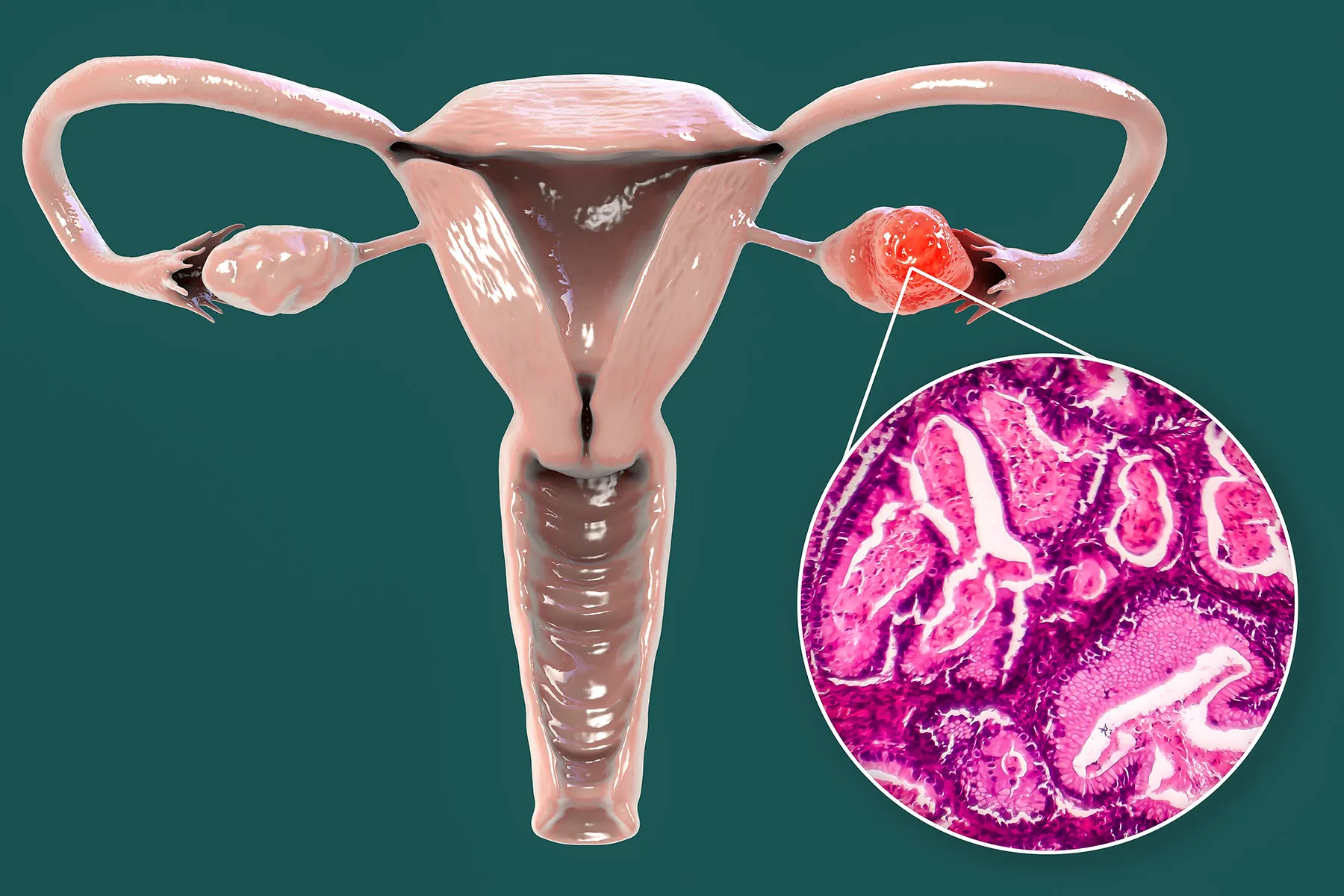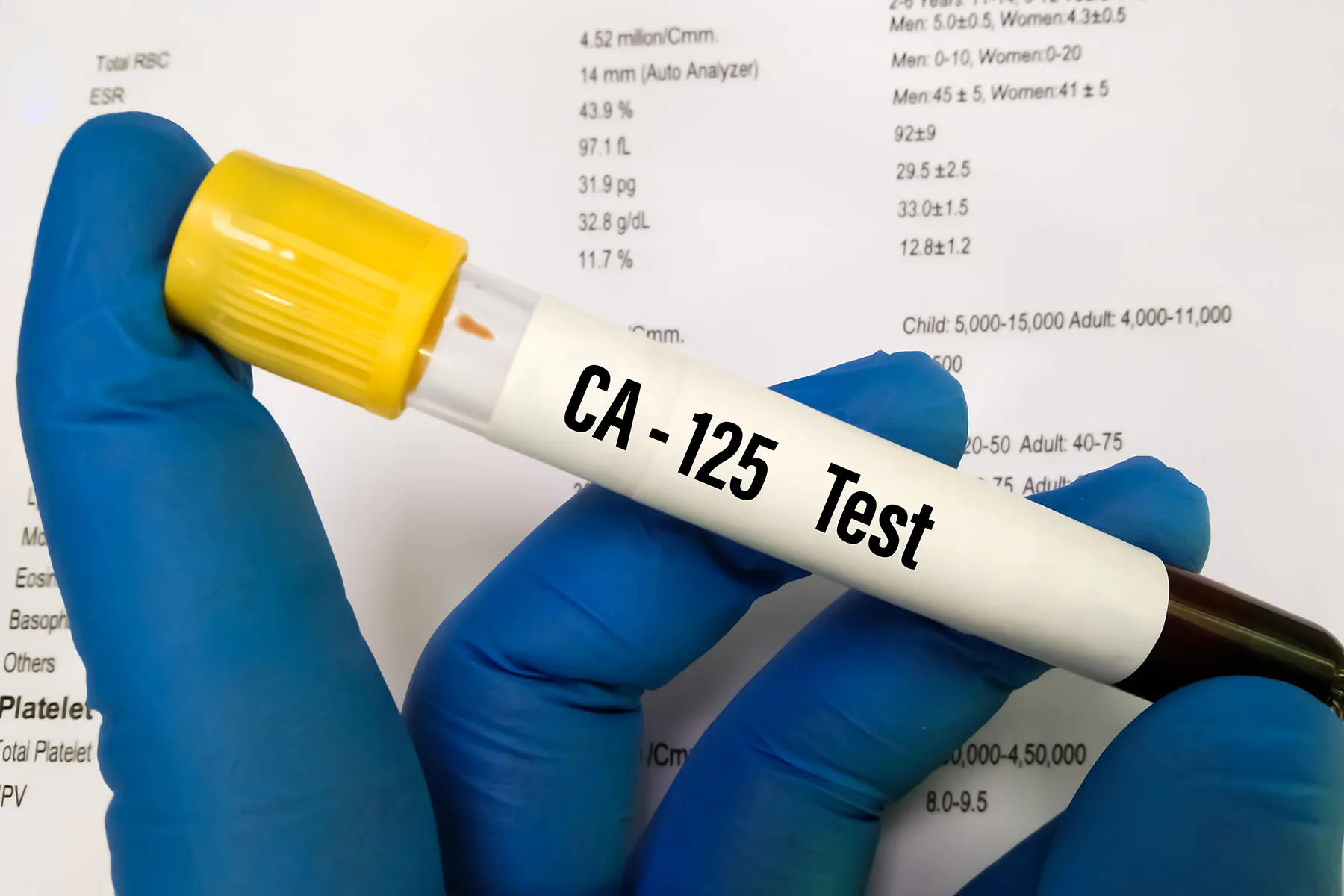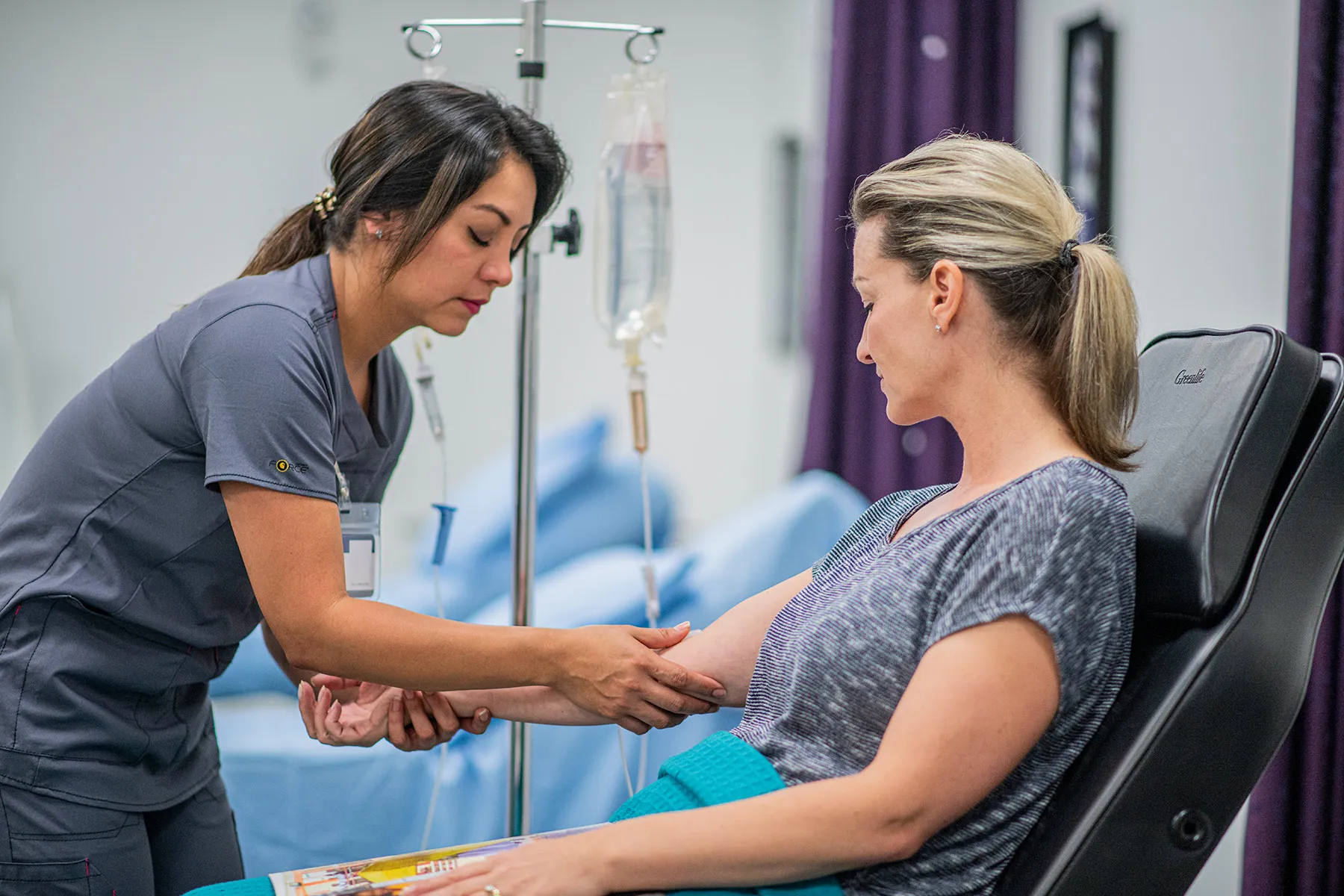The Plain Facts: 10 Things You Should Know About Ovarian Cancer Recurrence

Sources Medically Reviewed on 05/10/2022 Reviewed by Carmelita Swiner, MD on May 10, 2022
PHOTO CREDITS:
1. Science Photo Library / Getty Images
2. Science Photo Library / Getty Images
3. E+ / Getty Images
4. Science Photo Library / Getty Images
5. Digital Vision / Getty Images
6. The Image Bank / Getty Images
7. EyeEm / Getty Images
8. Westend61 / Getty Images
9. iStock / Getty Images
10. Cavan Images/Getty Images
11. E+ / Getty Images
12. Digital Vision / Getty Images
SOURCES:
Annals of Oncology: "Treatment of recurrent ovarian cancer."
Journal of women's health: "Surveillance and Care of the Gynecologic Cancer Survivor."
Journal of Clinical Gynecology and Obstetrics: "Ovarian Cancer: Post-Relapse Survival and Prognostic Factors."
Nature reviews. Disease primers: "Ovarian cancer."
American Cancer Society: "When cancer comes back."
Moffitt Cancer Center: "Ovarian Cancer Recurrence."
American Cancer Society: "Living as an Ovarian Cancer Survivor."
The Oncologist: "Relapsed Ovarian Cancer: Challenges and Management Strategies for a Chronic Disease."
Cancer Research UK: "If your ovarian cancer comes back."
Cochrane Library: "Maintenance chemotherapy for ovarian cancer."
Reviewed by Carmelita Swiner, MD on May 10, 2022
This tool does not provide medical advice. See additional information.
THIS TOOL DOES NOT PROVIDE MEDICAL ADVICE. It is intended for general informational purposes only and does not address individual circumstances. It is not a substitute for professional medical advice, diagnosis or treatment and should not be relied on to make decisions about your health. Never ignore professional medical advice in seeking treatment because of something you have read on the WebMD Site. If you think you may have a medical emergency, immediately call your doctor or dial 911.










